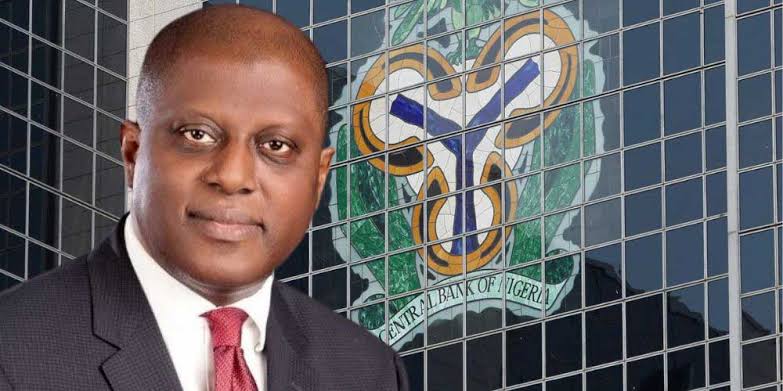The Central Bank of Nigeria (CBN) has denied the allegation that the Federal Government is considering converting $30 billion domiciliary deposits to Naira.
It described the publication by a national newspaper (not the Nigerian Tribune) as absolutely false, and a calculated attempt to trigger panic in the foreign exchange market, which the CBN is working assiduously to stabilize, as evidenced by its recent work and policy directions.
The apex bank noted that similar false narratives have been spread on the work of the CBN over the past few months and that it was clear that vested interests are determined to sabotage its efforts.
The CBN urged all stakeholders to disregard stories aimed at causing panic in the system and see them clearly for what they are, acts of national sabotage, and advised against peddling false reports that have the potential to be disruptive to the economy.
A statement issued on Saturday by Sidi-Ali, Hakama (Mrs.) Ag. Director, Corporate Communications of the CBN reads, “The attention of the Central Bank of Nigeria (CBN) has been drawn to a story published by a national newspaper alleging that the Federal Government is considering converting $30bn domiciliary deposits to Naira.
“This allegation is false and aims to trigger panic in the foreign exchange market, which the CBN is working assiduously to stabilize, as evidenced by its recent work and policy directions.
“Similar false narratives have been spread on the work of the CBN over the past few months and it is clear that vested interests are determined to sabotage our efforts.
“We want to assure the general public that CBN is working to build confidence and would never do anything to undermine the currency and the economy.
“We, therefore, urge all stakeholders to disregard stories aimed at causing panic in the system and see them clearly for what they are acts of national sabotage.
“We wish to advise, in the strongest terms, against the peddling of false reports that have the potential to be disruptive to the economy.
“The Bank is the only designated authority for monetary policy changes and will always advise on any policy change(s) before they are brought into operation.
“The CBN is always open to answer questions about our policies.”
